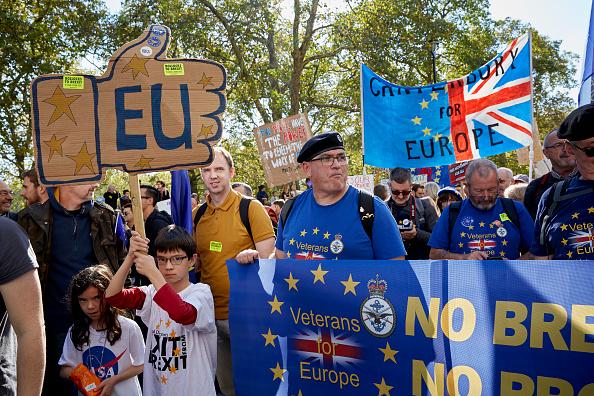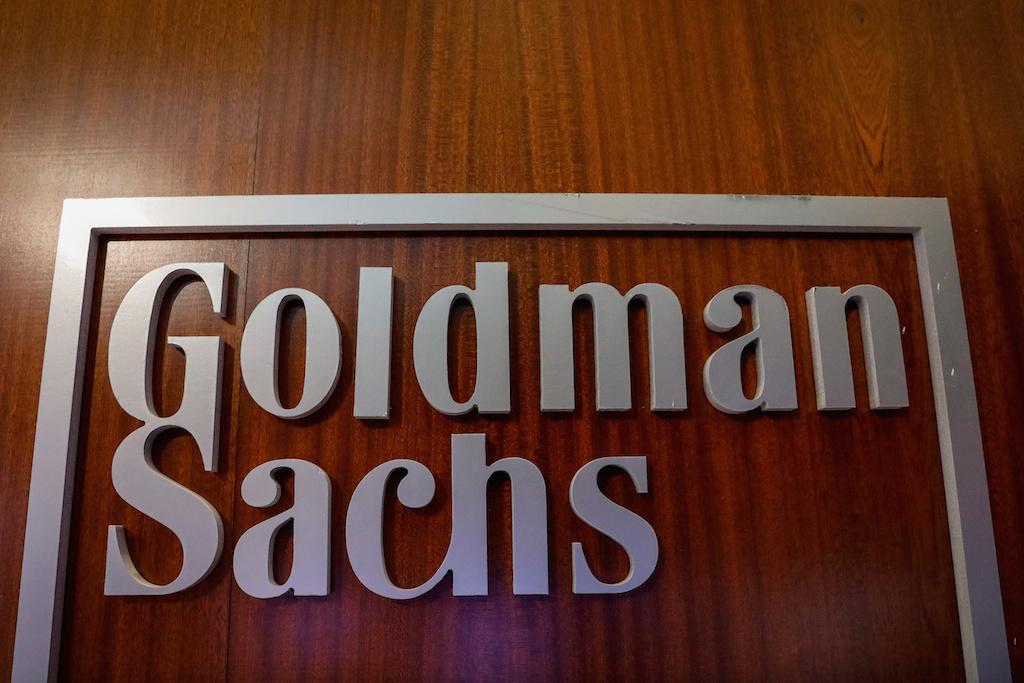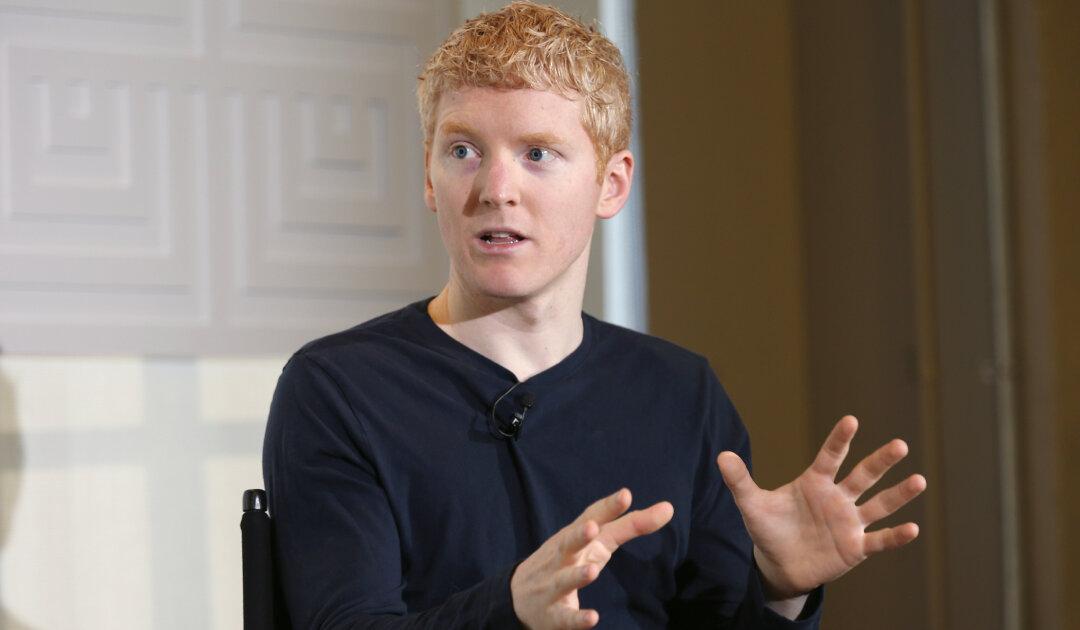The European Central Bank’s prospects for gradually weaning the economy off monetary support could yet be tested by a big unknown its officials don’t mention much: a disorderly Brexit.
Policy makers have given limited prominence to that risk despite divorce talks between the U.K. and European Union repeatedly stalling before the country’s departure in less than six months. In the economic analysis ECB President Mario Draghi reads out at every decision, it was last specifically cited in 2016, and his Executive Board colleagues haven’t referred to it often this year.




